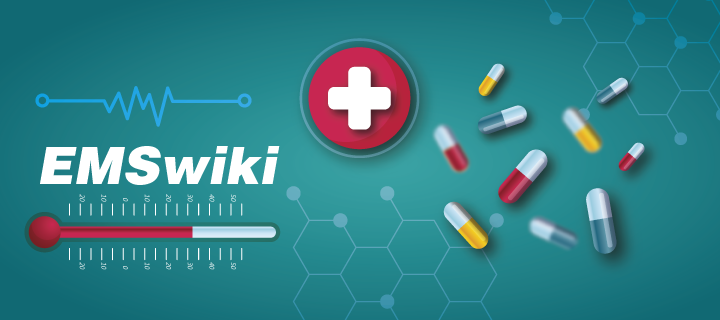
Cardiac ablation: how to manage arrhythmias
When the Heart Loses its Rhythm: The Importance of Ablation
Cardiac ablation stands today as one of the most advanced and effective techniques in treating cardiac arrhythmias, a range of disorders characterized by irregular heartbeats that can lead to serious complications if not promptly addressed. This minimally invasive procedure aims to restore normal heart rhythm, offering a long-term solution for many patients suffering from this condition.
What is Cardiac Ablation and How Does it Work
Cardiac ablation utilizes the use of catheters guided through blood vessels to the heart. Once positioned correctly, these specialized instruments emit energy in the form of heat (radiofrequency) or cold (cryoablation) to destroy small areas of cardiac tissue responsible for the arrhythmia. The process is targeted and precise, with the goal of eliminating problematic electrical pathways without damaging the rest of the heart.
Benefits and Associated Risks
The benefits of cardiac ablation are significant, offering many patients the possibility of a life free from symptoms and risks associated with arrhythmias, such as fatigue, shortness of breath, and the risk of stroke. However, as with any medical procedure, there are risks, including complications related to the introduction of catheters, reactions to the contrast material used to visualize blood vessels, and, rarely, damage to cardiac tissue. Accurate patient selection and the expertise of the medical team are crucial to minimize these risks.
Access to the Procedure in Europe
The accessibility and availability of cardiac ablation vary considerably within Europe, influenced by factors such as national healthcare policies, hospital resources, and specialist training. Despite these disparities, there is a growing recognition of the importance of making this life-saving therapy available, with initiatives aimed at promoting standardization of care and specialist training throughout the region. The goal is to ensure that all European patients who can benefit from cardiac ablation have access to this advanced procedure.
Cardiac ablation represents a significant step forward in the treatment of arrhythmias, offering hope and improvement in the quality of life for many. As Europe works to overcome challenges related to access and availability of this therapy, the future looks promising for patients with cardiac rhythm disorders.
Sources


